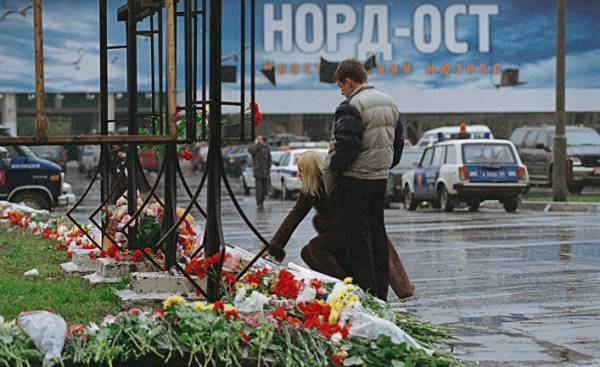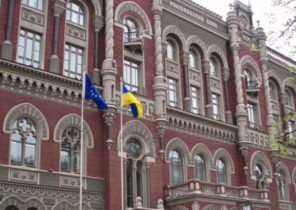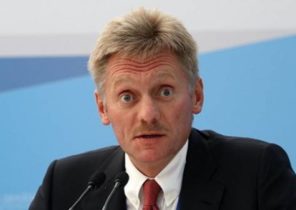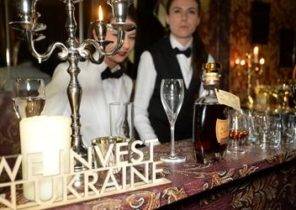
The bomb of the suicide bomber exploded after the concert, which came festively minded young people. Killing 15 people.
This sounds unpleasantly familiar?
Terrorists attacked a musical theatre, where the killed and injured people, and these losses amounted to a three-digit figure.
We well remember the then fear.
But here we are not talking about the bomb of a terrorist in Manchester last week, or about the terrible attack on the “Bataclan” in Paris in the fall of 2015.
Silence for 10 years
Already in the beginning Russia was the target of a number of powerful attacks, which by their style and violence may resemble those that occurred in large European cities in recent years.
At a rock festival in Tushino in Northwest Moscow, a terrorist attack occurred in July 2003.
The year before the attack on the Dubrovka theater in the South of the capital, ended with the deaths of over 170 people after the police filled the building with gas.
Among other high-profile and bloody episodes can be called an attack on two Russian passenger planes in August 2004 (90 dead). The culmination of these episodes — the capture of hostages at school of the small town of Beslan in southern Russia in September 2004, when after the decision to storm the building was killed almost 400 people, half of whom were children. This decision subsequently led to serious criticism.
After that, Russia was a relatively long calm period without terrorist attacks, although there were a number of separate attempts of smaller size.
In early April of this year in the subway of St. Petersburg in the bombing of terrorists killed 16 passengers.
Criticism of the methods
But as Russia is fighting against terror, and what the West can learn as a result?
Here are a few approaches to combating terror used by the Russian side and often criticized:
Military force and suppression at the local level: a Wave of terror zero to a large extent was a consequence of a brutal war with rebels in Chechnya, who demanded independence from Russia, but over time the war increasingly fell under the influence of Islamist currents. Brutal and extremely bloody suppression of this rebellion and the subsequent establishment in the region to a very strict regime under the leadership of Kadyrov clan who at first supported the rebels, but then switched sides to the conflict, contributed to the fact that the situation with the terrorist attacks in Russia became calmer.
Take no prisoners: the attack on the theatre in 2002 and the seizure of the hostages was attended by about 40 militants, none of them survived. Also in connection with other anti-terrorist actions of the Russian special forces took a hard line: shoot first, ask later. In many cases, for example, during the storming of the school in Beslan, the controversial policy has cost the lives of many civilians.
Large-scale security measures: If you go from Moscow to St. Petersburg high-speed train, your Luggage will be checked twice before you get in the coupe. It is likely that the train can be dressed in civilian clothes armed security personnel. If you walk to the station, the airport, are at the demonstration or in the theatre in Moscow, then inevitably you will pass the test, as is done in Western airports. It’s annoying, it needs a lot of people, it takes a long time, but it probably saves lives.
Aggressive techniques: In large Russian cities, many uniformed police in the subway stations, on the streets and at various events. They actively perform their duties in what relates to the verification of documents. And there is no doubt that their actions are primarily aimed at people from the Caucasus and Central Asia. Officially this is seen as a timely precautionary measures, but organizations for the protection of human rights have criticized these methods as discriminatory against ethnic minorities.
A long struggle: In the Russian Empire for centuries, there were large groups of the Muslim population. It is clear that the fight against extremists in these groups can last for decades. Despite the great support of the Kremlin, the Orthodox Church, it is widely believed that Russia is a multiethnic society with different concessions, which are mostly co-exist peacefully with each other.
Fully to suppress terrorism: the Coverage of the terrorist attacks in the Russian press is not as widely and emotionally as in the Western press. Messages, for example, the victims of the terrorist explosion on the plane over Egypt in October 2015, when it killed 224 people, was very muted. This can be perceived as the Kremlin’s desire to gloss over the negative history as soon as possible. But some suggest that it may reduce the propaganda effect of the attacks and thus reduce the desire to follow the path of terrorists.







